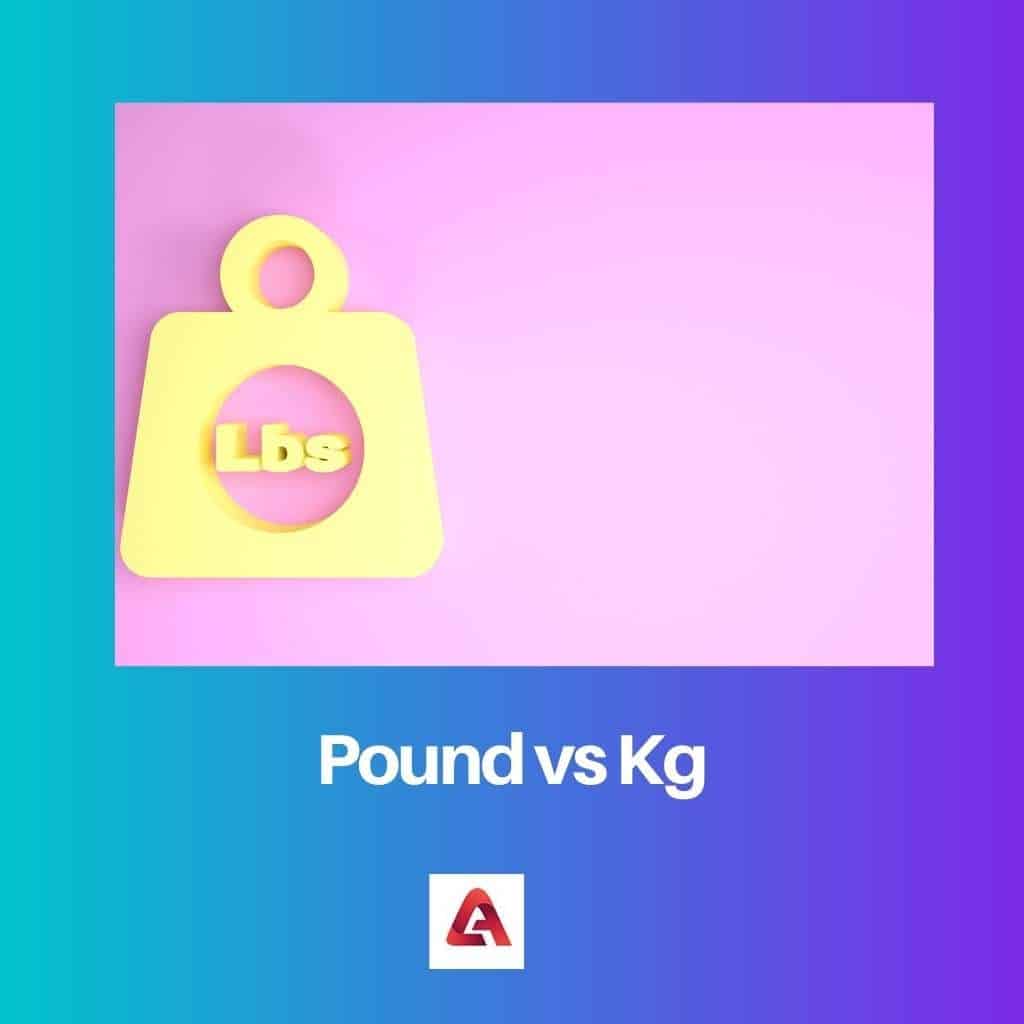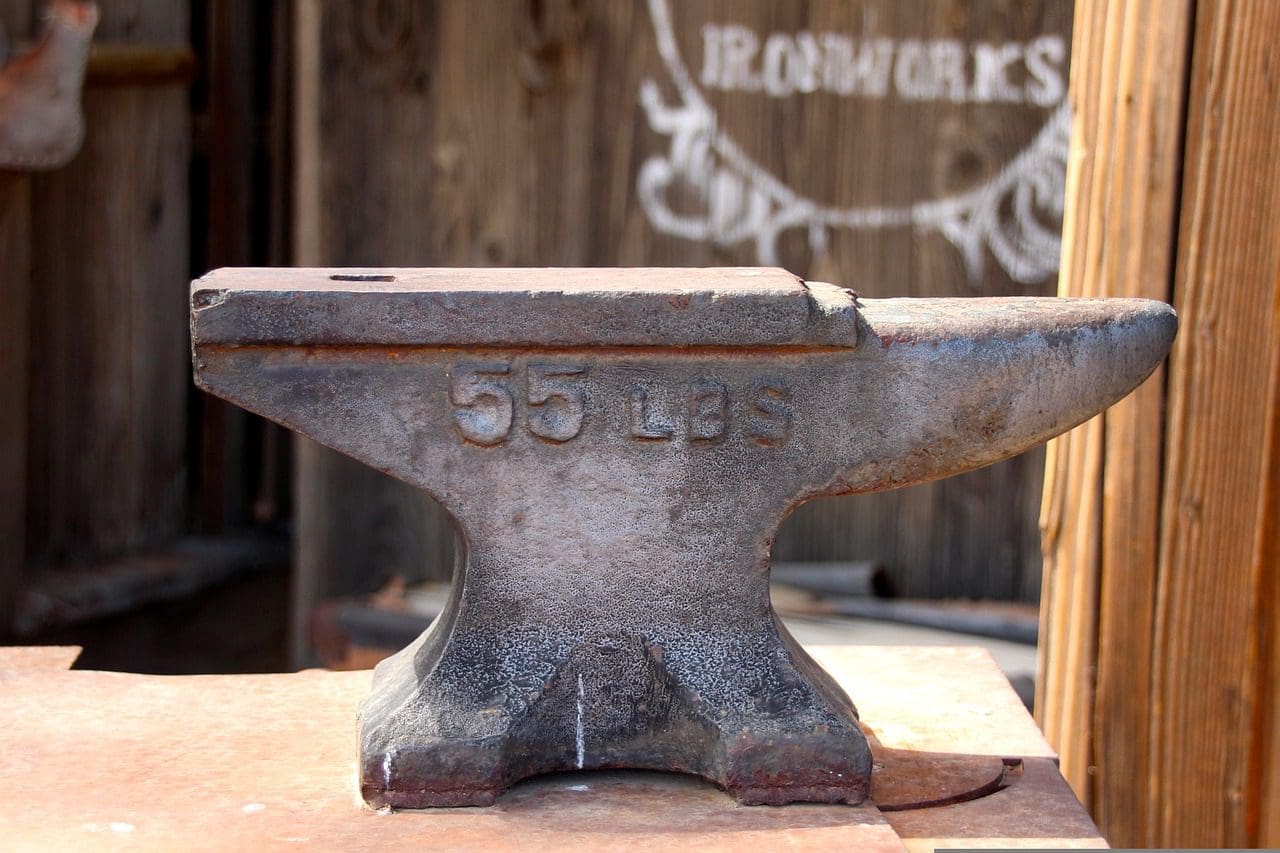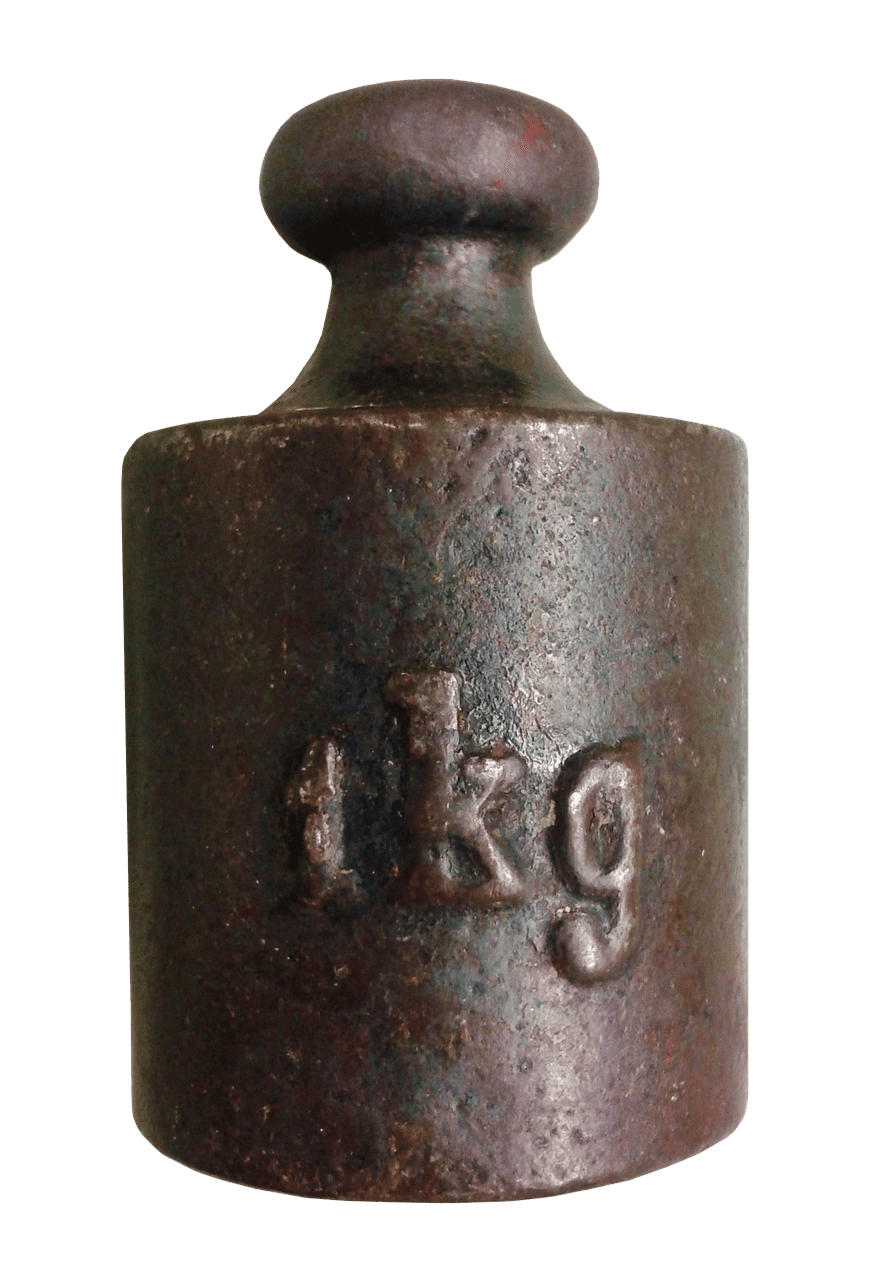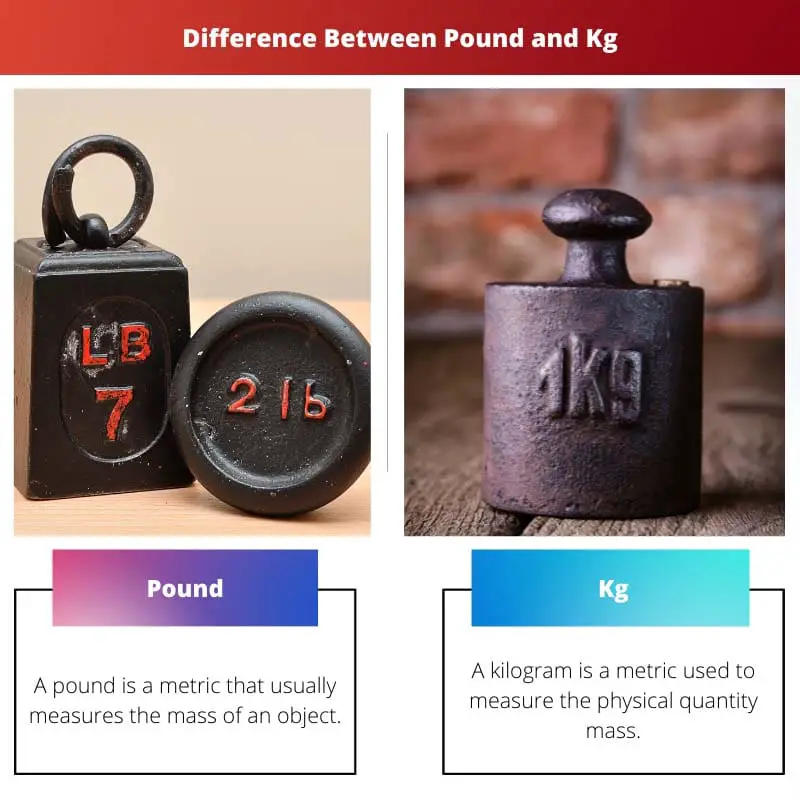Pound and Kilogram are the metrics used in the measurement of physical quantity mass. Though they belong to a different system of units, they measure the mass of the object. Mass is one of the physical quantities of the object.
A pound is abbreviated as lb or lbs, and a kilogram is abbreviated as kg. Kg is from the S.I system, the International System of Units. The pound belongs to the Imperial system of units.
After the year 1959, countries adopted the S.I system around the globe. Some English countries still follow the Imperial units.
Key Takeaways
- A pound is a unit of weight in the imperial system, while a kilogram is a unit of mass in the metric system.
- One kilogram equals approximately 2.20462 pounds.
- The abbreviation for a pound is “lb,” while “kg” represents a kilogram.
Pound vs Kg
A pound is an imperial unit of weight, primarily used in the United States, one pound is equivalent to 0.45 kilograms. A kilogram is a metric or System International (SI) unit of mass, commonly used worldwide and is equal to 2.2 pounds.

A pound is a metric of mass that belongs to the Imperial or British system of units. A pound is represented with lb or lbs (libra). One pound equals 5/11 times of a kilogram, i.e., 0.453 kgs. In Imperial units, 1 pound is equal to 16 ounces.
A pound is used in the U.S.A., and U.K. Pound is the metric used to measure the mass. From 1st July 1959, Commonwealth countries approved the common definition of a pound which has been defined as 0.45359237 kg.
A kg is a metric used in the measurement of physical quantity mass. Kilogram belongs to the International System of Units, also known as the S.I system. In the year 1959, countries around the globe adopted this International system of units.
From then, the kilogram is used to measure most countries’ physical quantity mass. One kilogram equals to thousand grams. In pounds, One kilogram equals 2.204 pounds.
Comparison Table
| Parameters of Comparison | Pound | Kg |
|---|---|---|
| Definition | A pound is a metric that measures the mass of an object. | A kilogram is a metric used to measure the physical quantity mass. |
| Units’ system | The imperial system of units. | S.I system of units. |
| Abbreviation | Pounds’ abbreviation is “lb” and “lbs”. | Kilograms’ abbreviation is kg. |
| Used in countries | Used in America and Britain. | Used throughout the world. |
| Conversion | 1 pound = 0.453 kg | 1 kg = 2.2 pound |
| Quantities measured | Mass and force. | Only mass. |
What is Pound?
Under the Imperial system of units (FPS system of units), the metric used to measure the mass of an object is a pound. A pound is used to measure the physical quantities of mass and force. Abbreviations for pound are lb and lbs.
A pound is abbreviated as “lb” as it is derived from Roman Libra. Libra is abbreviated as “lb”. Till the adoption of the S.I system or International System of Units by world countries, the pound is widely used for measuring the mass of objects.
Conversions:
- 1 Pound = 16 Ounces
- 1 Pound = 0.07 Stone
- 1 Pound = 14.58 Troy Ounces
- 1 Pound = 0.454 Kgs
- 1 Pound = 454 grams
- 1 Pound = 4.448 Newtons(N)
After the adoption of the International System of Units, kilograms were used to measure the physical quantity mass. The pound is derived from the German word. The ratio of Pound to Kilogram is 2.2: 1, i.e., one kg is 2.2 times the pound.
As we know pound is from the Imperial system of units, this metric is used in the U.S. and U.K. Pound is not only used for measuring mass but also for force. Another important fact is that the Pound is the currency of Britain.
This currency usage is derived from one pound of silver.

What is Kg?
A kilogram is a metric used in the measurement of mass (weight). Kilogram belongs to the S.I. system of units. One kilogram of mass is defined as the mass of one litre of water stored at 4° C. Kilo means thousand.
The kilogram is the most widely used metric for measuring mass throughout the world. Compared to a pound, the kilogram is widely used for measuring mass. Unlike a pound, a kilogram is solely used for the measurement of mass.
After the adoption of the International System of Units by countries throughout the world, the kilogram became the metric for mass. Since then, most countries have used kilograms instead of pounds.
Conversions:
- 1 Kg = 1000 grams
- 1 Kg = 1/1000 Ton
- 1 Kg = 106 mg
- 1 Kg = 2.204 lb (pounds)
- 1 Kg = 35.274 Ounces
- 1 Kg = 9.81 Newtons(N)
A kilogram belongs to the International System of Units, which is 2.21 times heavier than pounds. Kg is abbreviated as a kilogram. The kilogram is more widely used than the pound, as it is adopted as the International system of units.
Since 1959, Kilogram has been widely used since then throughout the world. The kilogram is derived from the Greek word kilo, which means thousand. One kilogram equals to thousand grams and is one-thousandth part of a ton.

Main Differences Between Pound and Kg
- The ratio of the pound to kilogram is 2.2: 1, i.e., one kilogram is 2.2 times heavier than the pound. And the pound is lighter than a kilogram.
- Pound and kilogram are units used to measure an object’s mass. But the pound is a metric of the Imperial system of units, and the kilogram belongs to the International System of units.
- One pound equals 0.453 kilograms, and One kilogram equals 2.2 pounds.
- The kilogram is a widely used metric for measuring mass throughout the world. In contrast, the pound is only used in countries like U.S.A and U.K.
- A pound is not only used as a metric for mass, it is also used in measuring the physical quantity force. But kilogram is solely used as a metric for mass.




